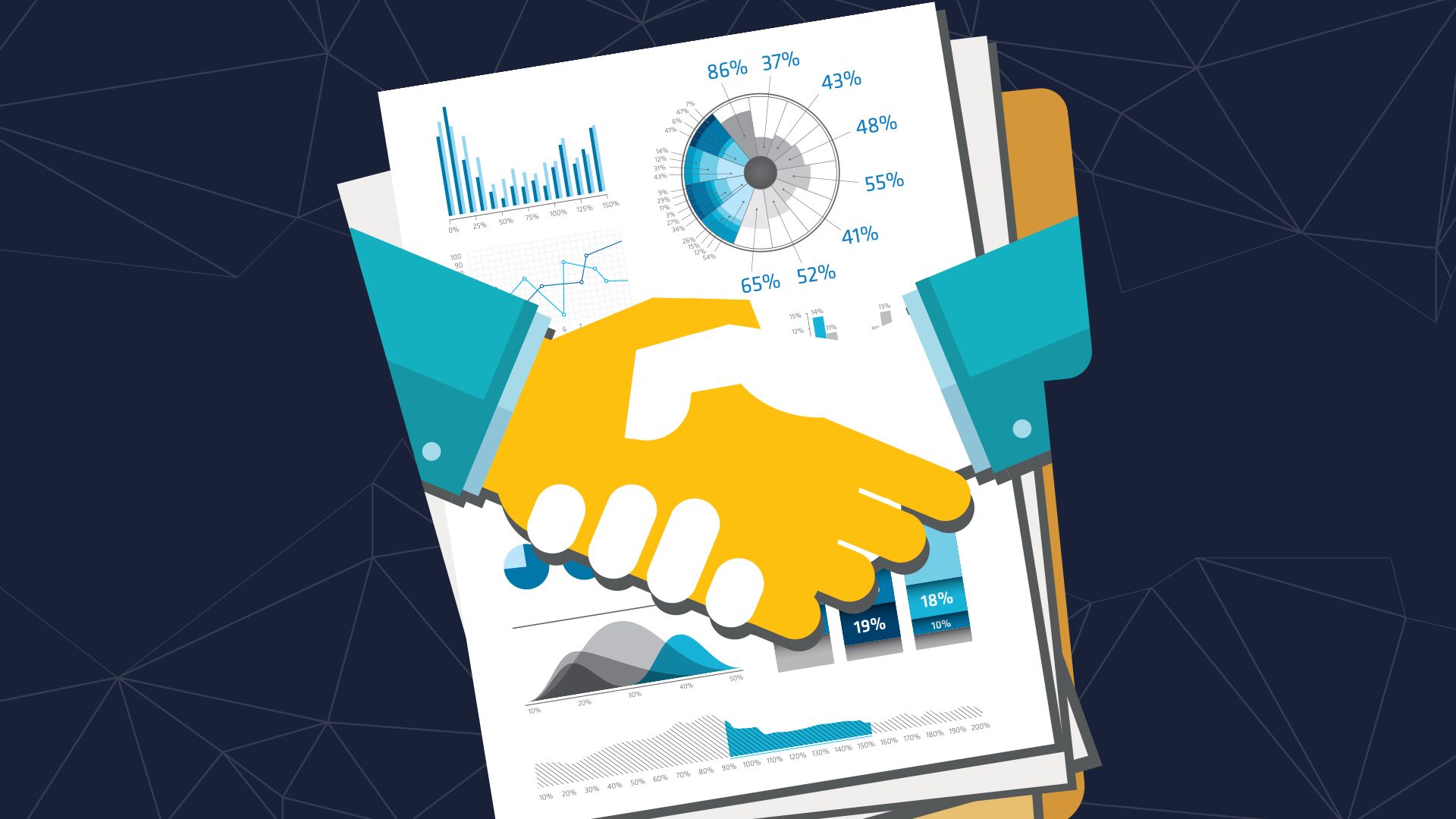SUMMARY
This is AI generated summarization, which may have errors. For context, always refer to the full article.


Open data is key in building trust and resilience especially in times of disasters, said University of the Philippines Resilience Institute (UPRI) executive director Mahar Lagmay.
During the special fact-checking webinar session organized by Rappler’s civic engagement arm MovePH on Friday, July 24, Lagmay talked about the importance of building trust and resilience through the use of open data and open science.
Open data refers to any dataset or other related statistics that can be freely used, reused, and redistributed by anyone. Lagmay said key aspects of open data are: it must be available in bulk, free of charge, and digital.
“This is part of our advocacy at the UPRI and the UP NOAH Center. Because we believe that we can only be able to build true resilience in the country if open data and open science are observed,” Lagmay said.
He explained that having access to pertinent datasets will allow the public to verify the science. “Science is very important in building trust. And trust is very important, in turn, in communication,” he added.
To be sure, Lagmay said it does not mean that science is always correct. In fact, he pointed out that science should always be vetted. But if there is open data, it would be easier for the public to confirm or reproduce findings by scientists. This would also help build the public’s trust in authorities who release the data and enforce policies.
When asked about the role of open data in preventing misinformation, Lagmay said it’s possible that the absence of accessible data contributes to the proliferation of false information because people don’t have the facility to check. (READ: Why fact checking is important during times of disasters, epidemics)
“So if you don’t have open data, you don’t have the means of arriving at the same conclusion, then you’re blind,” Lagmay said. “With or without open data, there is misinformation. So we stand to benefit if there is open data because now you have the means of checking and validating. And that’s how science works.”
The webinar on building trust and resilience through open data and open science with Lagmay is part of a regular series of fact checking webinars organized by the Rappler team. A previous webinar in June tackled the importance of fact checking historical claims. – Rappler.com
Add a comment
How does this make you feel?
There are no comments yet. Add your comment to start the conversation.